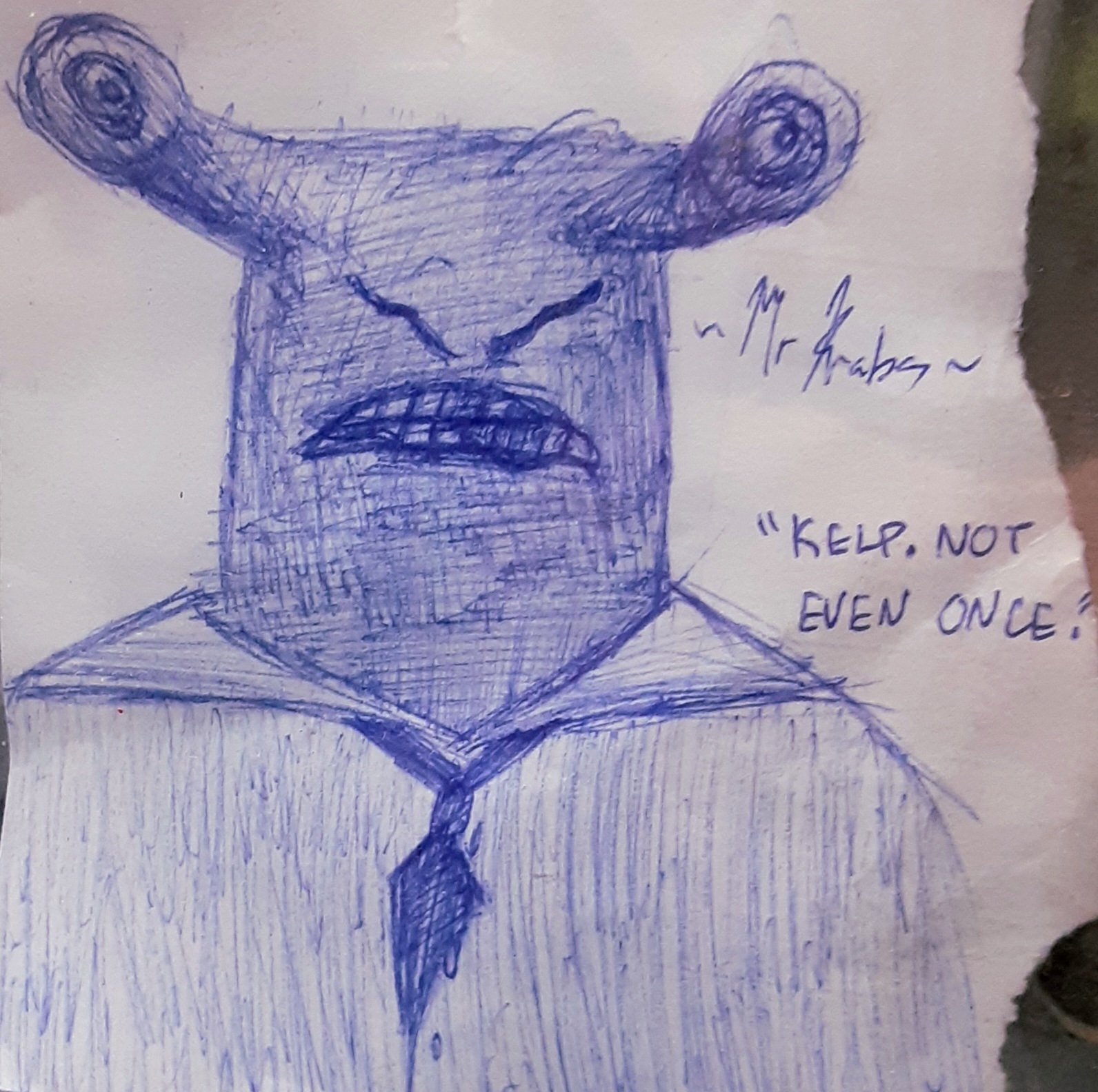- cross-posted to:
- [email protected]
- [email protected]
- [email protected]
- cross-posted to:
- [email protected]
- [email protected]
- [email protected]
Yeaaaaaah booiiii. Here come those feedback loops.
Do you mean this?
A collapse of the Atlantic Meridional Overturning Circulation (AMOC) leads to global cooling through fast feedbacks that selectively amplify the response in the Northern Hemisphere.
So now we have global cooling to look forward to?
I’m not good at explaining this, here’s the science on climate change
Climate change and the developments it spurs carry the narrative of the Quaternary, the most recent 2.6 million years of Earth’s history. Glaciers advance from the Poles and then retreat, carving and molding the land with each pulse. Sea levels fall and rise with each period of freezing and thawing. Some mammals get massive, grow furry coats, and then disappear. Humans evolve to their modern form, traipse around the globe, and make a mark on just about every Earth system, including the climate.
https://www.nationalgeographic.com/science/article/quaternary
If there’s an AMOC collapse, one of the likely outcomes is literally The Day After Tomorrow. The science in that movie is surprisingly grounded in reality.
Not even remotely accurate. It would cause notable changes and likely widespread famine but not anything as instantly apocalyptic as the film. Temperatures wouldn’t change dramatically aside from Northern Europe. The gulf stream’s effect on temperatures is smaller than people think.
The bigger change globally speaking would be shifting precipitation patterns. This could lead to dramatic aridification of parts of Africa and India, and large increase in precipitation in North America. But it’s not going to trigger some kind of hemispheric ice age as depicted in the film.
Don’t worry there’s a pill for that, I’ve seen the adverts.
Yes, Jack Hall will save us!
Goodbye Iceland.
Iceland is not the one made of ice. Confusingly, that’s Greenland. According to this data, Iceland would get colder over the centuries. They won’t disappear.
I think that’s what they meant, tbh.
There are a lot of people who don’t do well with the cold, or they might not find it enjoyable to live in. A lot of Iceland’s heat comes from the ocean. If that heat goes, some people would likely move elsewhere.
I should know I’m from there and currently live there. The decline of the gulf stream will heavily affect Iceland. It’s basically the only thing keeping this northern rock warm.
In my lifetime the weather here has been getting more and more extreme by each year. (Was trying to find the source to back this up but i can’t remember where it is rn, probably here somewhere: https://www.vedur.is/gogn/)
Iceland will be disappear under thick ice
“While we can definitively say this weakening is happening, we are unable to say to what extent it is related to climate change or whether it is a natural variation,” Piecuch said. “We can see similar weakening indicated in climate models, but for this paper we were not able to put together the observational evidence that would really allow us to pinpoint the cause of the observed decline.”
What observational evidence would prove it either way?
The scope of the study wasn’t wide enough to get definitive evidence that it was man-made climate change based, or simply natural periodicity of climate zones. The Earth has a shit load of climate data over thousands of years to sift through, and that costs money which may be outside of the budget of the study.
Shit
deleted by creator
At least it hasn’t slowed down a crazy amount. 4% in 40 years seems like the least of our problems right now.
Waiting until it’s slowed 100% isn’t helpful. At that point, you’re way beyond the point of no return for cascading climate collapses.
4% is concerning because this sort of thing shouldn’t happen period, let alone over a relatively short period of 40 years. Think of it as an early warning. Except, it’s probably still too late to address the problem.
With all of the carbon emissions put into the atmosphere since the dawn of fossil fuels, we’re literally seeing the effects of carbon from like 50-70 years ago. What will the gulf stream do in another 50-70 years once today’s carbon emissions start affecting climate?
I’m not disagreeing with you. I’m just saying that the ice caps are melting like 10% every 2 years, carbon and methane emissions are through the roof, sea life and birds are going extinct, the oceans are hitting triple digit temperatures, half of north america is on fire, people are dying of heat stroke, and on and on. Yes this sucks too but damn, look around.
4% in 40 Years is just a rookie number, the last ice age ended about 11,000 years ago. We don’t even know when the Gulf Stream weakening starts to occur.
While true, we don’t know how it’s gonna progress in the future. It takes time for changes to really set in, and as time goes on the differences are larger as we emit a lot more pollution now than we did 40 years ago.
It could be that there’s an inherent 30+ years lag, and we’re seeing just the start of changes. Either way, the fact that it is definitively getting weaker is worrying.
Fair points. Like this could be the first crack in the glass before the whole thing shatters to pieces.






